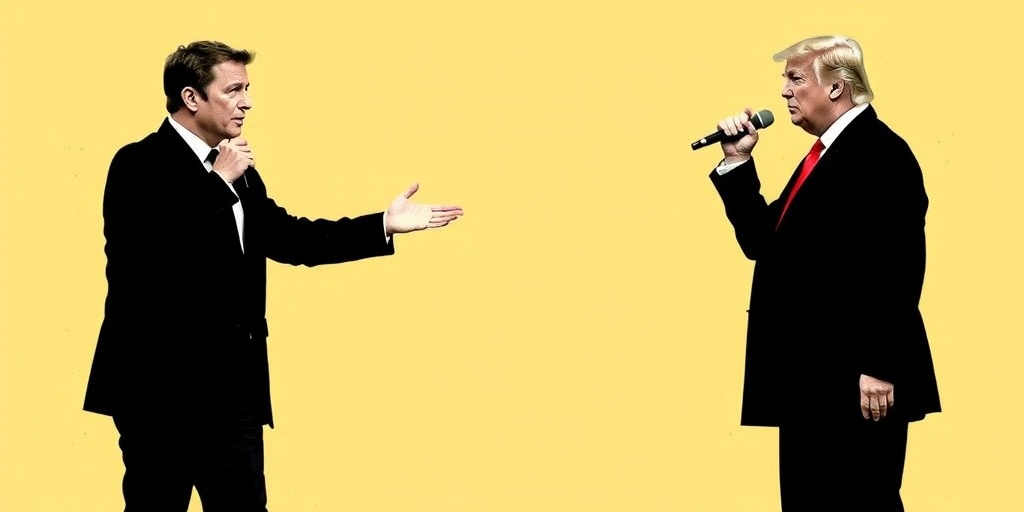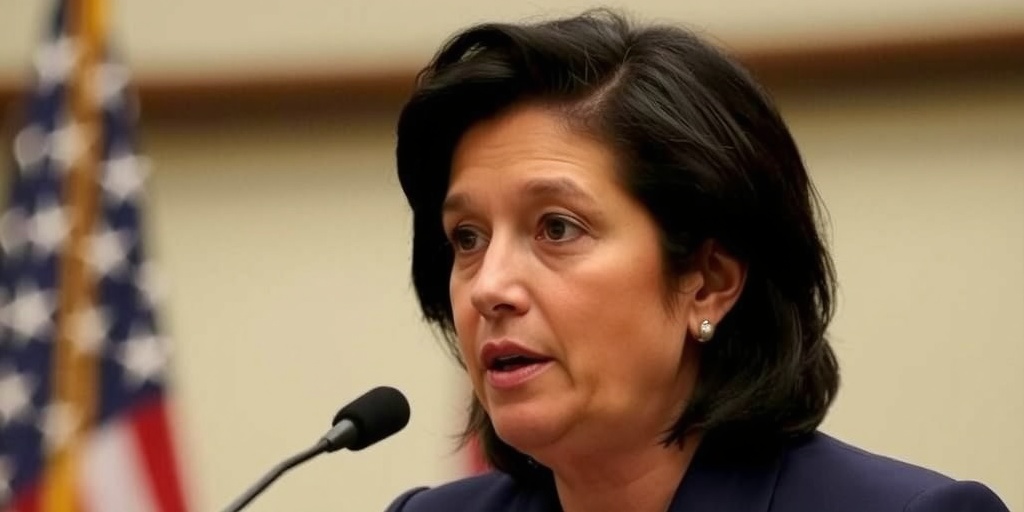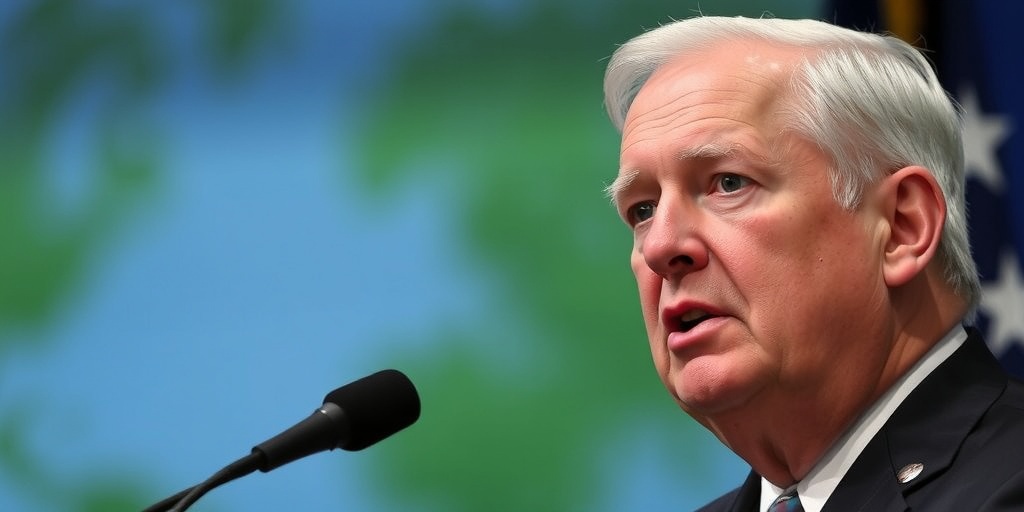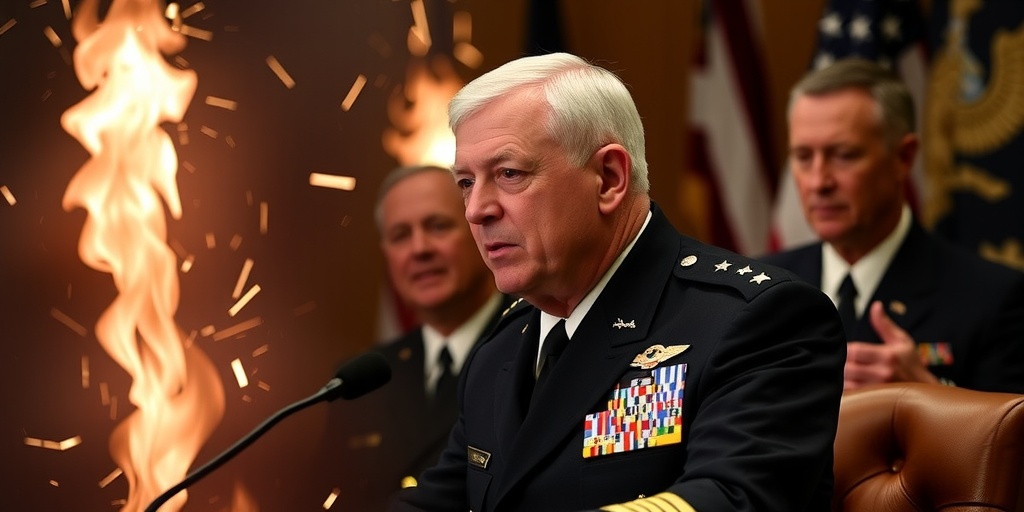Now Reading: Carter Library Cancels Civil Rights Book Event Amid National Archives Changes
-
01
Carter Library Cancels Civil Rights Book Event Amid National Archives Changes
Carter Library Cancels Civil Rights Book Event Amid National Archives Changes
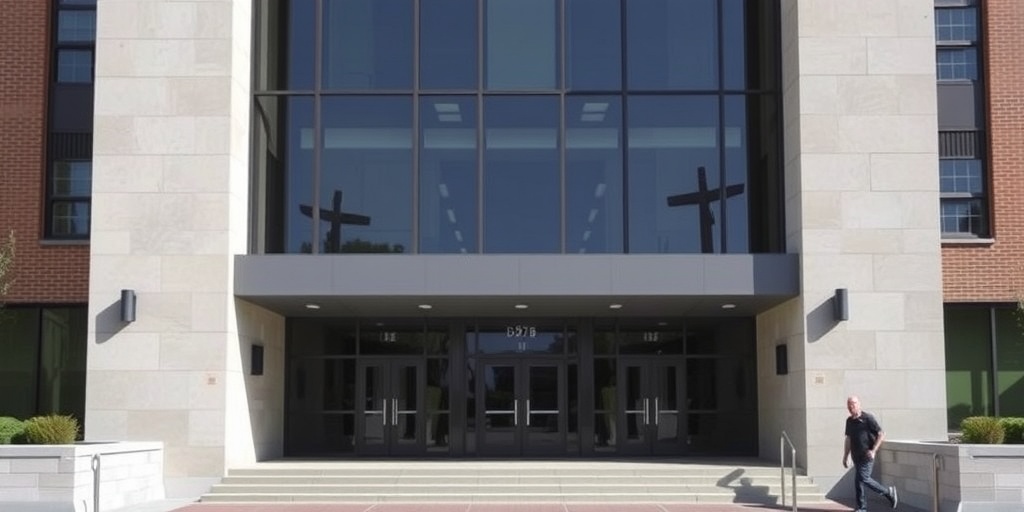
Cancellations at Jimmy Carter Presidential Library Trigger Concerns Over Programming Changes at National Archives
In a surprising turn of events, three book events planned at the Jimmy Carter Presidential Library and Museum in Atlanta were abruptly canceled this week, prompting speculation about the impact of recent leadership changes at the National Archives and Records Administration (NARA) on programming across the nation’s presidential libraries.
These now-canceled events were intended to spotlight significant social issues, featuring authors who had explored topics such as climate change, homelessness, and the civil rights movement. Scheduled months in advance, the authors were informed this week that they would have to relocate their events, with the library subsequently removing all associated information from its website.
One of the authors affected by this cancellation was Elaine Weiss, who was set to present her new book, “Spell Freedom: The Underground Schools that Built the Civil Rights Movement.” This book recounts the historical efforts of the Highlander Folk School in the 1950s, which organized “citizenship schools” to equip Black southerners with the educational tools needed to navigate and pass the discriminatory literacy tests that hindered their voting rights.
Weiss remarked in an interview that the event had originally been arranged in November and was only recently called off. She mentioned receiving a notification from her publicist at Simon & Schuster on Thursday afternoon, indicating that the library had to seek Washington’s approval for all programming due to ongoing staff reductions. This unexpected requirement for federal approval has raised intense concerns among authors and advocates regarding potential censorship and the implications for free expression.
Expressing her frustration, Weiss described the cancellation as “chilling.” She emphasized the alarm that such a procedural change could cause, particularly noting that an event promoting a book about democracy would need to be vetted by someone in Washington. “The book is about voting rights, and about using education as a liberating tool,” she added, underscoring the significance of the issue at hand.
Alongside Weiss, other authors scheduled for cancelled events included Mike Tidwell, who wrote “The Lost Trees of Willow Avenue: A Story of Climate and Hope on One American Street,” and Brian Goldstone, author of “There Is No Place for Us,” which focuses on the struggles of five “working homeless” families in Atlanta. By Friday evening, the library’s website had removed all mentions of these events.
In a statement, Crown Publishing, Goldstone’s publisher, revealed that organizers had been informed on February 19 that the Carter Library would now need to secure approval from NARA for all events, even those previously scheduled. The following day, the publisher was notified that the event would be moved to an alternative location.
No responses were received from multiple inquiries sent to officials at the Carter Library regarding the cancellations. Conversely, the press office for the National Archives declined to directly address whether the events had been discussed but asserted that the leadership of each presidential library is entrusted with making their own programming decisions.
According to a statement from the National Archives: “Programs and events must always advance and uphold NARA’s core mission: to preserve the records of the United States and make them available to the public.” The statement assured that leadership at the Carter Presidential Library is indeed empowered to make independent scheduling decisions.
These abrupt cancellations occur against a backdrop of broader turmoil at the National Archives. President Trump’s administration has been marked by significant budget cuts and a push to reshape federal government operations. In a high-profile incident on February 7, President Trump terminated Colleen J. Shogan, the national archivist, appointed by former President Biden, after ongoing tensions with the archives concerning classified documents that Trump refused to return post-presidency.
Following Shogan’s dismissal, Trump appointed Secretary of State Marco Rubio as acting archivist and announced that Jim Byron, chief executive of the Richard Nixon Foundation, would manage day-to-day operations of the archives until a new archivist is designated.
Earlier in February, the John F. Kennedy Library and Museum in Boston also created headlines by abruptly closing its doors to visitors mid-day, further indicating the unrest within the National Archives. This closure was allegedly prompted by staffing cuts linked to initiatives led by Elon Musk’s so-called Department of Government Efficiency; however, normal operations resumed the next day, with no clarification offered regarding the incident.
Despite the cancellations, it appears that some planned events at the Carter Library remain unaffected. For instance, an event scheduled for February 26 featuring legal analyst Jeffrey Toobin and discussing his new book on presidential pardons is still set to proceed, alongside other promotional engagements for diverse figures such as African-American artist Lonnie Holley.
As for Weiss, her scheduled event will now occur at the Georgia Center for the Book, a nonprofit affiliated with the Library of Congress. She pointedly noted the irony that an event discussing the struggle for equal voting rights would be canceled at the very institution dedicated to the legacy of a president who championed democracy both domestically and internationally. “We are being told that we all have to tell ‘patriotic’ stories about American history,” Weiss exclaimed, “To me, this is the most patriotic story imaginable.”
Stay Informed With the Latest & Most Important News
Previous Post
Next Post
-
 01New technology breakthrough has everyone talking right now
01New technology breakthrough has everyone talking right now -
 02Unbelievable life hack everyone needs to try today
02Unbelievable life hack everyone needs to try today -
 03Fascinating discovery found buried deep beneath the ocean
03Fascinating discovery found buried deep beneath the ocean -
 04Man invents genius device that solves everyday problems
04Man invents genius device that solves everyday problems -
 05Shocking discovery that changes what we know forever
05Shocking discovery that changes what we know forever -
 06Internet goes wild over celebrity’s unexpected fashion choice
06Internet goes wild over celebrity’s unexpected fashion choice -
 07Rare animal sighting stuns scientists and wildlife lovers
07Rare animal sighting stuns scientists and wildlife lovers













